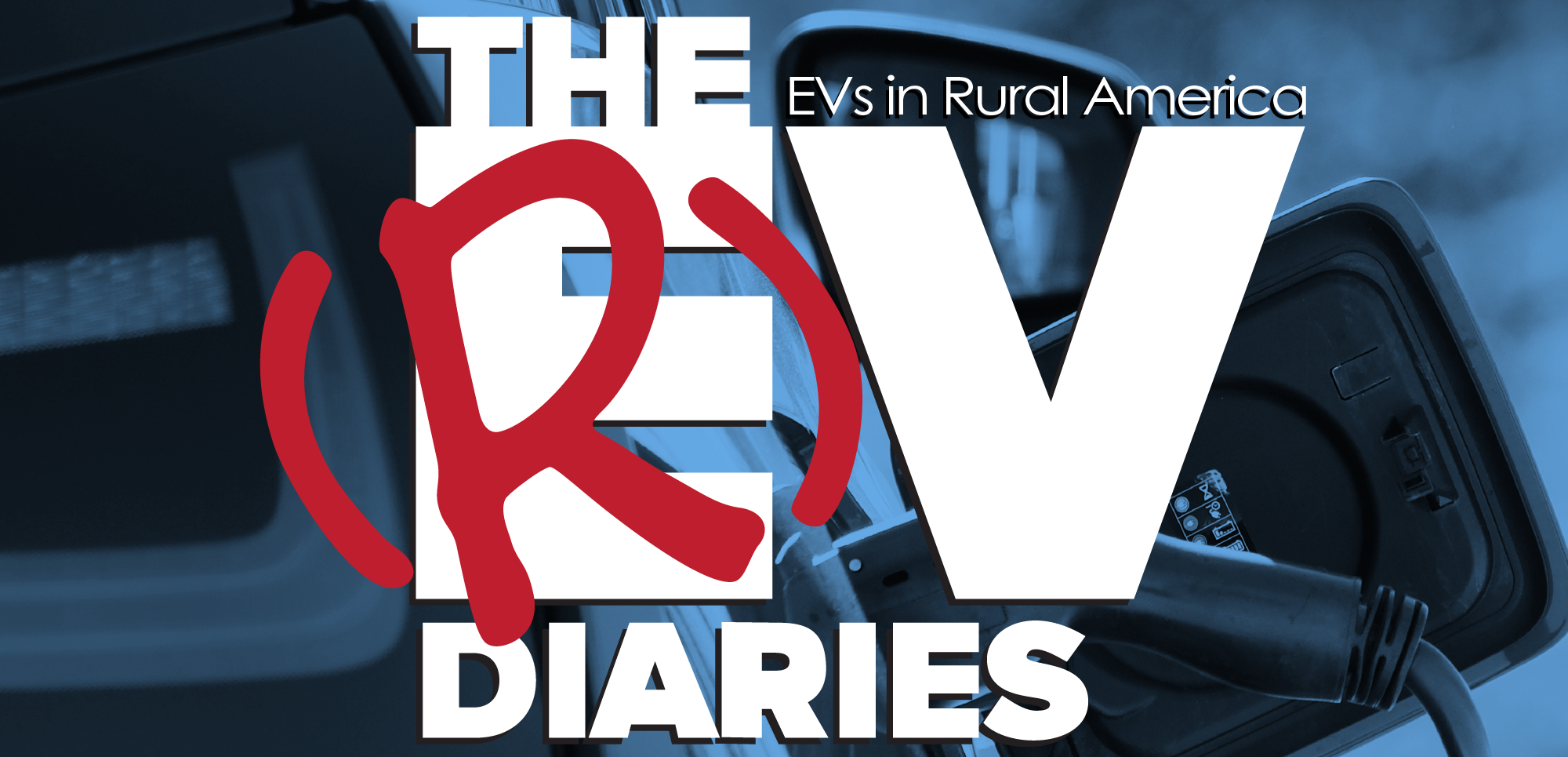Last week, Kentucky announced the first round of National Electric Vehicle Infrastructure grant recipients. Sixteen projects submitted by six entities are now funded with $10.9 million in tax payer dollars. While I agree this is good for EV promotion and adoption, I was a little dismayed when a map of said projects showed an obvious lack of development east of Interstate 75, allowing eastern Kentucky to remain a public infrastructure wasteland.
Admittedly, I’m a bit of a conspiracy theorist only because so many theories have been proven as fact, so my default attitude is distrust and I am looking for ulterior motives especially when it comes to government activity. (I still have no idea who killed JFK, but I do have my suspicions). When the accompanying map showing the location of the projects was unveiled, I immediately began to question why the most rural parts of the state were being overlooked for infrastructure projects, even though I see more EVs on the road in my area daily. I settled on three possible causes: population density, median household income and political ideology. In this episode, we compare rural America and Zero Emission Vehicle (ZEV) states in regards to these causes.
By the U.S. Census Bureau defintion, I don’t live in a rural area as there are more than 2,500 people in the region, BUT I do live in “small-town America” (STA). The population of Laurel County, where Brent and I live, is 62,000+ and we claim the original KFC although its in the next town down. There are fewer potential EV owners here than many “towns”, much less cities, in other states.
The mean annual income is less than a base model Tesla Model 3, another reason not to target this area. Financing over 72 months would require the populous to spend 20% of their pre-tax income on a vehicle. It’s a tough task given the fact that EVs are still proving themselves as a viable alternative, part of which is due to the next reason, political ideology.
Rural America is much more conservative than all of the ZEV states and this is demonstrated by any Red State/Blue State map. We’ve said all along, the environmental movement, including the promotion of electric vehicles, is deemed a Liberal idea and is quickly met with opposition “in these parts.” I think this is stupidity on display, but it is still an obstacle to EV adoption in STA.
Rural Americans deserve the benefits that EVs offer, but I have to remind myself that we are still in the infancy of this movement. Improved infrastructure in STA will come with time. Enjoy our discussion and let us know your thoughts.
Podcast: Play in new window | Download
Subscribe: RSS
